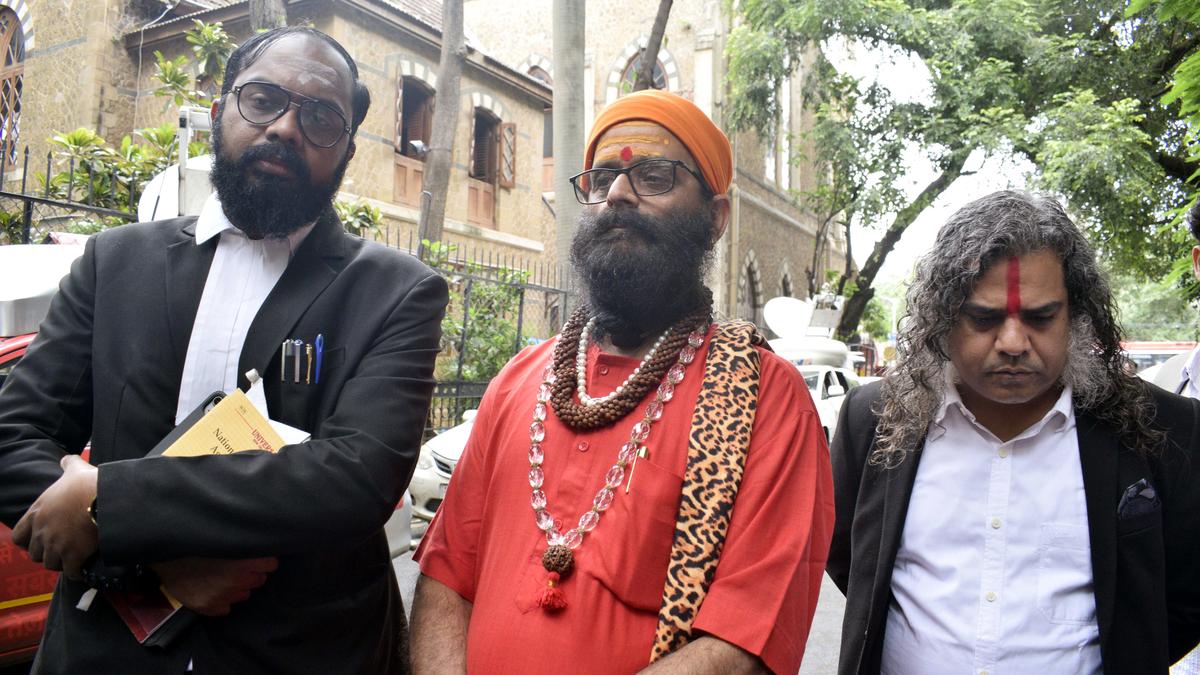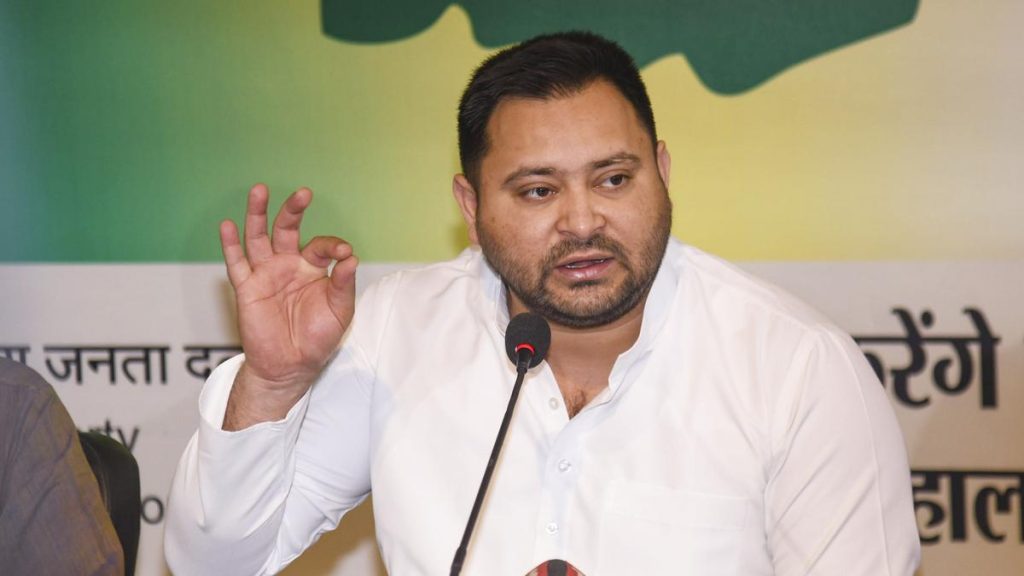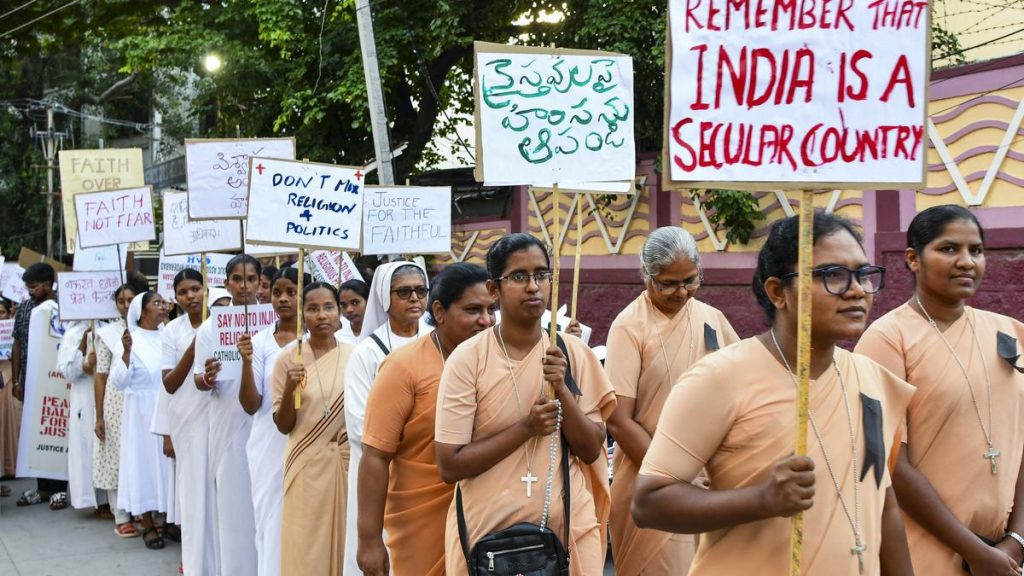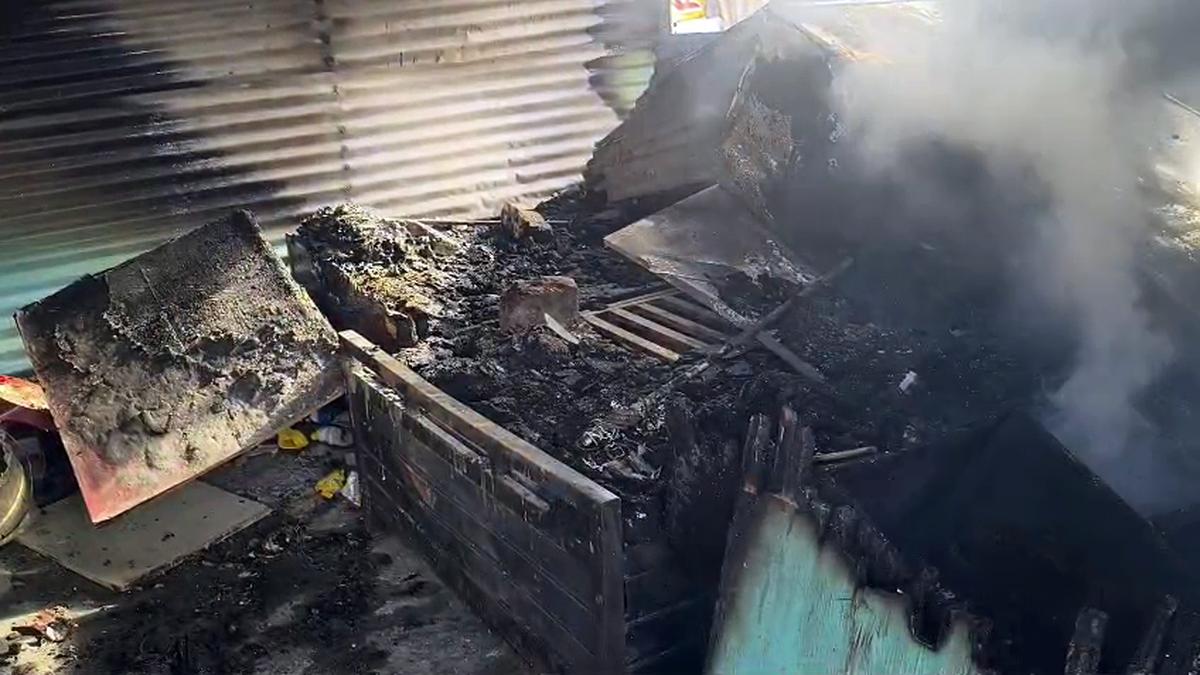Now Reading: Malegaon Blast Case: All Charges Dismissed, Judge Cites Lack of Evidence
-
01
Malegaon Blast Case: All Charges Dismissed, Judge Cites Lack of Evidence
Malegaon Blast Case: All Charges Dismissed, Judge Cites Lack of Evidence

Quick Summary
- A special NIA court in Mumbai acquitted all seven accused in the 2008 Malegaon blast case, citing “inconclusive,” “unreliable,” and “legally inadmissible” evidence presented by the prosecution.
- The accused included Pragya Singh Thakur, Lt. Col. Prasad Shrikant Purohit, and others associated with the alleged right-wing group Abhinav Bharat.
- The judgment criticized witness testimonies as riddled with inconsistencies and contradictions, while also acknowledging allegations of coercion and mistreatment by investigating officers from ATS during earlier phases of the probe.
- six people died, 101 were injured, and significant property damage occurred during the explosion on September 29, 2008.
- Prosecution examined a total of 323 witnesses across investigations led by three agencies: Local Crime Branch (Malegaon Police), ATS Mumbai, and finally NIA (as 2011).
- Many witnesses turned unfriendly; concerns about investigation lapses were highlighted but not formalized through complaints against investigating officers.
- Victims’ families are entitled to compensation under Mumbai’s victim compensation scheme: ₹2 lakh for deceased victims’ families and ₹50,000 for injured victims.
Indian Opinion Analysis
The court’s decision underscores key challenges within India’s criminal justice system related to terror cases. It highlights procedural shortcomings such as reliance on coerced testimonies or inadequate evidence that fail to meet stringent legal requirements for conviction. While emphasizing adherence to principles like “proof beyond reasonable doubt,” this ruling may renew debates over judicial accountability versus investigative agency competence.
For India at large, cases like these test public trust in law enforcement agencies tasked with combating terrorism equitably across communal lines without prejudice or procedural missteps. Moreover, significant lapses in witness engagement erode prosecutorial integrity-critical failures considering the gravity of crimes involving mass casualties.
This verdict also raises broader implications regarding systemic inefficiencies in ensuring justice amid complex socio-political narratives tied to terrorism cases-a concern equally valid for all affected parties including victims seeking closure or communities grappling with societal stigmatization due to unproven claims.






















